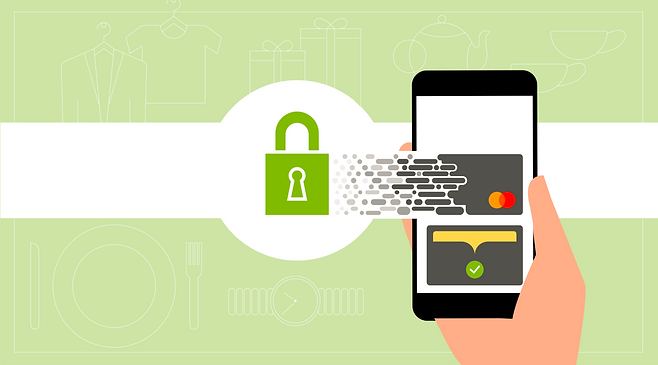
Mastercard Open Banking
Applying research and design thinking to pivot product development strategy
THE PROBLEM
Our Question
Stakeholders
During usability testing, we discovered a lack of perceived value of the core functionality of our data protection app.
How might we incorporate new features to increase desirability and adoption?
Internal leadership stakeholders and FI partner clients
Requirements
Feature prioritization that meets user needs while aligning with overarching business goals
TIMELINE
6 weeks from discovery to engineering
KEY GOAL
Increase value of our product through user-desired features that align with business goals
MY ROLE
Senior Product Designer
MY ROLE
As senior product designer, I am responsible for the end-to-end design and optimization of my product. To discover and prioritize solutions, I organized and led a design sprint with cross-functional teams incorporating user-generated features and mapping them against business goals and technical requirements and limitations.
Responsibilities
Survey
Design
Quantitative
Data
Analyze and compile survey data
Collaborative FigJam
Workspace
Lead Design Sprint
Rank future features
Design, Test, Iterate
Ready-to-ship
USER
RESEARCH
Based on our findings from usability testing, I worked with our researcher to design and conduct a survey with 1000 participants asking them to rate potential features for our financial data protection app on a 1-5 ranking scale.
Objective
Understand which user suggested features were most desirable and would increase the value of our product and drive adoption in the market.

20
user generated features
1007
survey participants
1-5
ranking preference scale
DESIGN SPRINT
In order to get alignment with stakeholders, product leaders, and engineers I planned, organized, and led a cross-functional design sprint to gather input from 12 key roles across teams.
Objective and Constraints
The objective of the sprint was to generate additional ideas from all teams and evaluate the user-generated feature requests against business criteria and technical capability.
Methodology
I led the team through a 2 hour in person session where we first focused on rapid idea generation, then sorted features into value categories, and finally mapped them on an Effort/Impact priority matrix.
FigJam Workspace

Results
Our design sprint resulted in a prioritized list of the top five future features to add to our roadmap with cross-functional alignment increasing efficiency in workflow and decreasing time to completion.

Outcome and Learnings
By uncovering a problem early in the product development life-cycle, we were able to pivot and design additional features to increase value and desirability with our users, while maintaining internal alignment and leveraging agile software development framework to efficiently code and ship new features.




